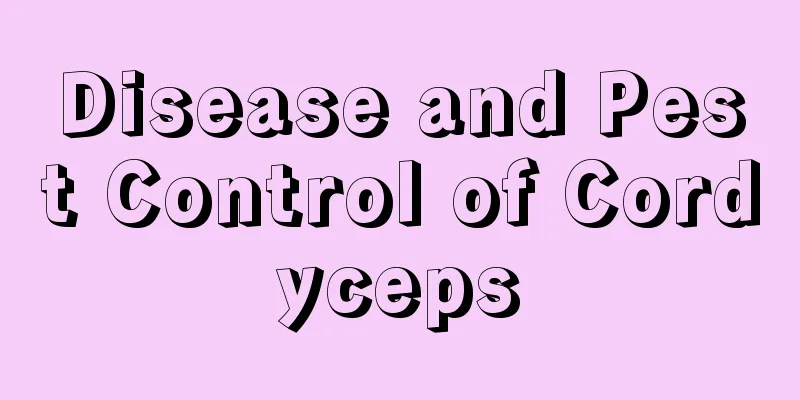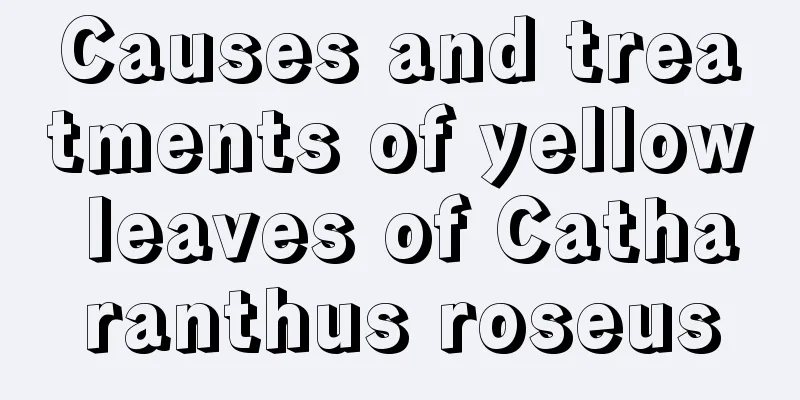The main diseases of velvet arrowroot

Velvet arrowroot leaf blightLeaf blight can cause large areas of leaves to dry out. In the early stage of the disease, small red wrinkled spots appear on the leaves, which then quickly expand into a circle. The spots appear light brown and water-soaked. In the later stage, the edges of the spots turn reddish brown. If not treated, half of the leaf or even the entire leaf will die quickly. Prevention and control methods: When the disease occurs, repot in time, cut off the diseased leaves and rotten roots, soak in methyl thiophanate solution for 15 minutes, dry and change to sterile planting material, then use 75% wettable powder of chlorothalonil (also known as Daknin), diluted with 600-800 times of clean water, spray once every 7-10 days, and spray three times in a row to effectively control leaf blight. Velvet Arrowroot AnthracnoseThe air humidity requirement is between 75-90% . Low air humidity will cause leaves to curl, wither, and have burnt edges, which is anthracnose . Prevention and control methods: Spray 800-1000 times diluted systemic wettable powders such as carbendazim and thiophanate-methyl on the leaves for prevention and control. This type of fungicide can also be diluted 500-600 times and used to water the potting soil. In the future, pay attention to spraying water on the leaves or in the growing environment more often to increase air humidity and reduce the occurrence of anthracnose. It is best to choose purified water or rainwater for watering. Tap water must be dried for about 2-3 days before watering. The principle of fertilizing is to apply light fertilizer frequently, with nitrogen fertilizer as the main ingredient. It is best to choose fully water-soluble fertilizers, such as 'Hua Duo Duo' and other special fertilizers for soilless cultivation. Velvet Arrowroot Leaf SpotThe infection usually starts from the leaf edges and tips. The spots grow from small to large, are irregular in shape, and are reddish-brown to gray-brown. The lower leaves of the plant are most severely affected. Prevention and control methods: Spray Bordeaux mixture with equal amounts of lime for prevention and control. |
>>: Calendula disease prevention and control methods
Recommend
What to do if the leaves of the swallowtail palm turn yellow
1. Reduce watering: Reason: If you usually water ...
How to water camellia
Watering method When to water Camellia requires a...
How to care for Jade Plant in winter
1. Maintain temperature If the Jade Plant is not ...
How to eat Polygonatum odoratum and its taboos
The therapeutic value of Polygonatum odoratum Fro...
Ball orchid pests and control methods
Ball orchid pests: scale insects Symptoms of harm...
Can the evergreen be repotted in autumn?
1. Is it possible? The temperature and climate in...
How to grow Dendrobium nobile so that it blooms
Flowering time of Dendrobium nobile Dendrobium no...
How many cypress trees are planted in the cemetery?
1. How many cypress trees should be planted in th...
When do orchids bloom?
Orchid is a traditional famous flower in China, k...
Coriander seed germination method How to plant seeds to make them germinate easily (seed soaking germination method)
Coriander is actually cilantro. The seed shell of...
If you bury two seeds of "green radish" in the soil, the leaves will keep growing and will cover the wall in February.
Many people don’t know what to choose when they j...
What to do if the lucky flower withers?
1. Reasons 1. If its flowers wither normally, the...
What fertilizer is best for jasmine?
Jasmine fertilizer Jasmine likes fertilizer, and ...
Method of sowing seeds of Fragrant wood
Time to sow seeds of fragrant wood The seeds of t...
How to care for hydroponic copper coin grass in winter
Is hydroponic copper coin grass afraid of freezin...









